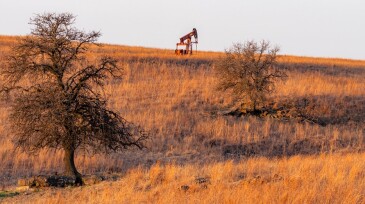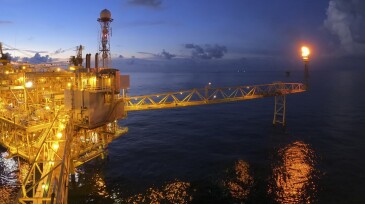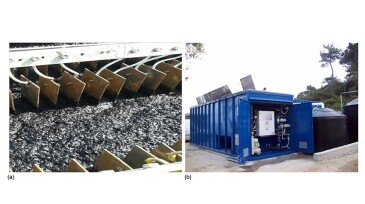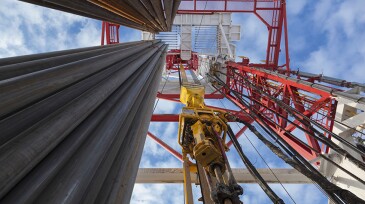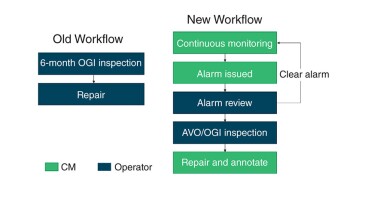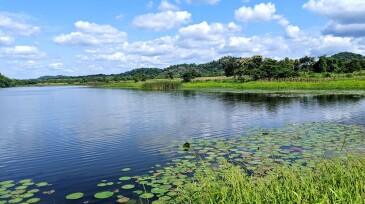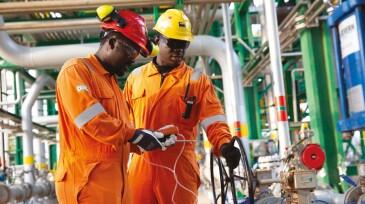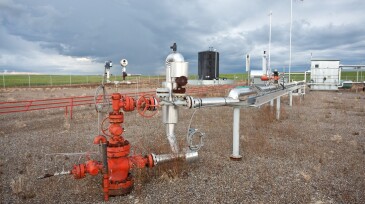Environment
The newly named MTS brings together the full methane ecosystem, end to end—connecting technology, data, operations, and assurance across upstream, midstream, and beyond.
This paper details a data-driven methodology applied in Indonesia to enhance flare-emission visibility and enable targeted reduction strategies by integrating real-time process data with engineering models.
This study presents the development of a biodegradable surfactant developed using principles of environmentally friendly chemistry from natural sources. The goal is to develop an effective and environmentally friendly surfactant that can emulsify and disperse oil to reduce its effects on marine environments.
-
Undocumented orphaned wells pose hazards to both the environment and the climate. Scientists are building modern tools to help locate, assess, and pave the way for ultimately plugging these forgotten relics.
-
The upstream oil and gas sector alone could cut as much as 4% of global greenhouse-gas emissions, according to a report from McKinsey. But this will take worldwide cooperation among industry players and capital investors.
-
The paper aims to address the challenges and opportunities in managing produced water and its contaminants in the petroleum industry.
-
This paper describes the development of guidelines to determine the most suitable corrosion-resistant alloys for downhole injection equipment in wells for carbon capture and storage and carbon capture, use, and storage.
-
This paper examines how data-science-driven work practices can result in substantial reductions in methane emissions compared with other leak-detection and -repair methods.
-
A new type of porous material called a covalent organic framework quickly sucks up carbon dioxide from ambient air.
-
This paper reviews decommissioning and abandonment in Nigeria, looks at candidate identification strategies, breaks down the methods and best practices involved, and examines the requirements for openhole and cased-hole abandonment.
-
The rule, part of the Inflation Reduction Act established by Congress, allows the Environmental Protection Agency to charge large emitters of methane if they surpass specific levels.
-
The report details the company’s actions to reduce methane emissions across its operations.
-
The US Department of Energy presented the loan to LongPath Technologies to support the buildout of a high-frequency methane emissions monitoring network in US oil and gas production basins.




